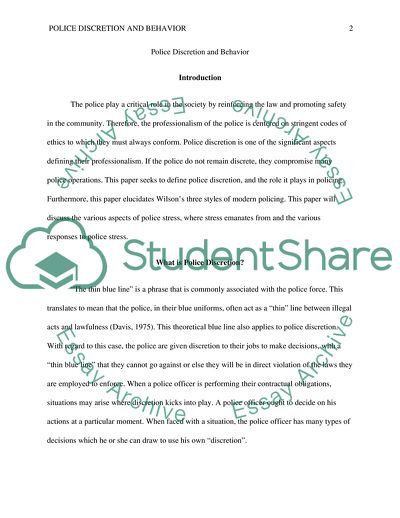Cite this document
(Police Stress, Discretion, and Responses to Stress Term Paper, n.d.)
Police Stress, Discretion, and Responses to Stress Term Paper. https://studentshare.org/professional/1864846-police-discretion-and-behavior
Police Stress, Discretion, and Responses to Stress Term Paper. https://studentshare.org/professional/1864846-police-discretion-and-behavior
(Police Stress, Discretion, and Responses to Stress Term Paper)
Police Stress, Discretion, and Responses to Stress Term Paper. https://studentshare.org/professional/1864846-police-discretion-and-behavior.
Police Stress, Discretion, and Responses to Stress Term Paper. https://studentshare.org/professional/1864846-police-discretion-and-behavior.
“Police Stress, Discretion, and Responses to Stress Term Paper”. https://studentshare.org/professional/1864846-police-discretion-and-behavior.


